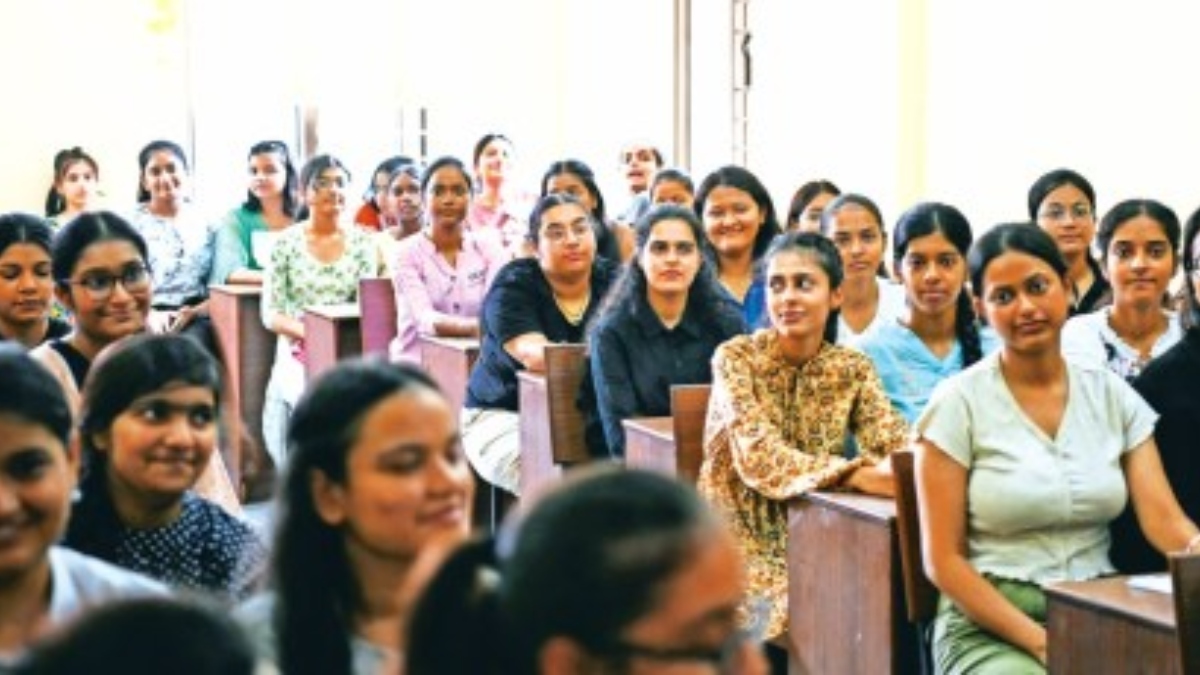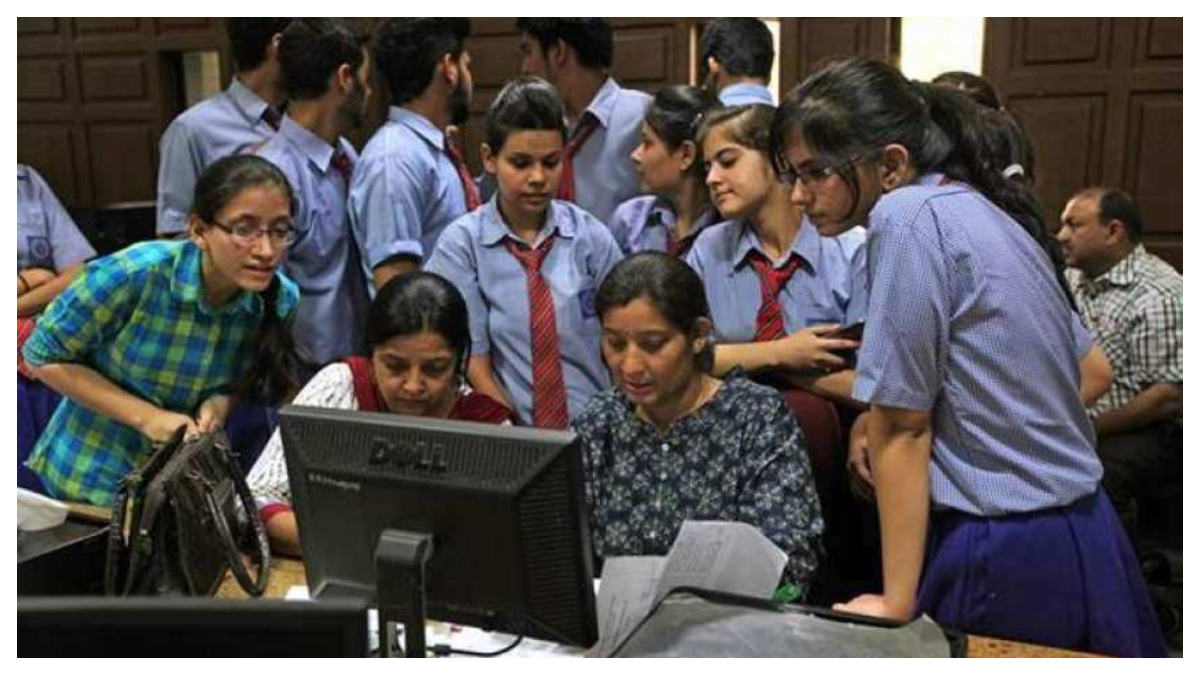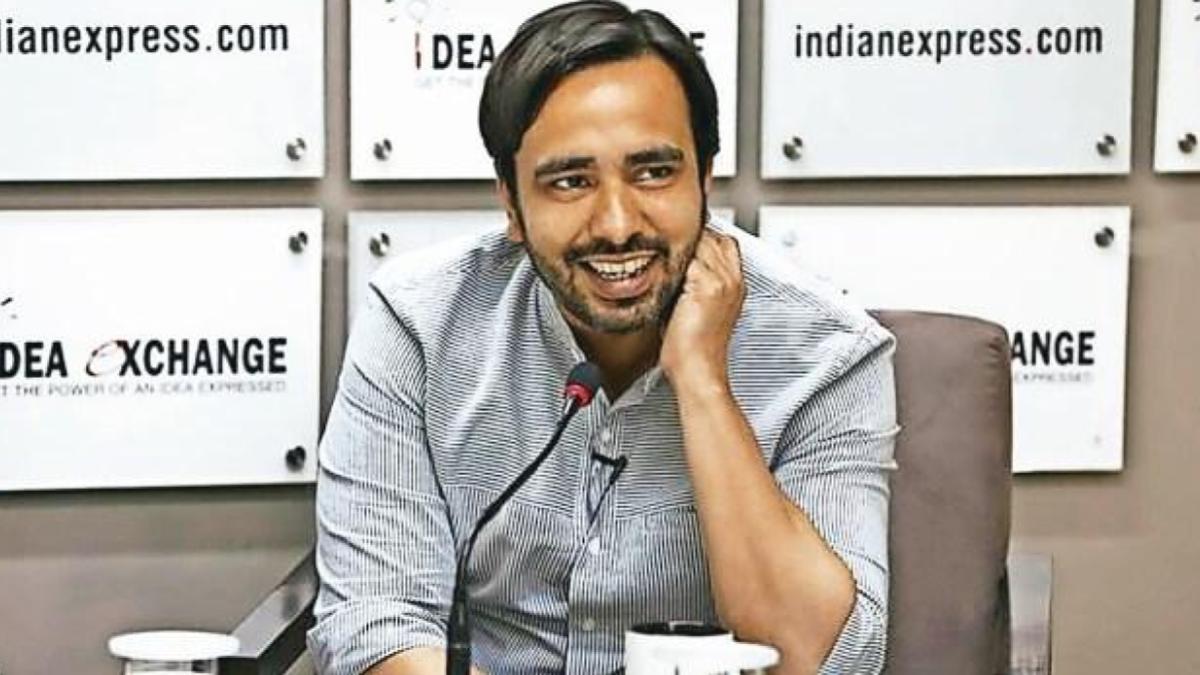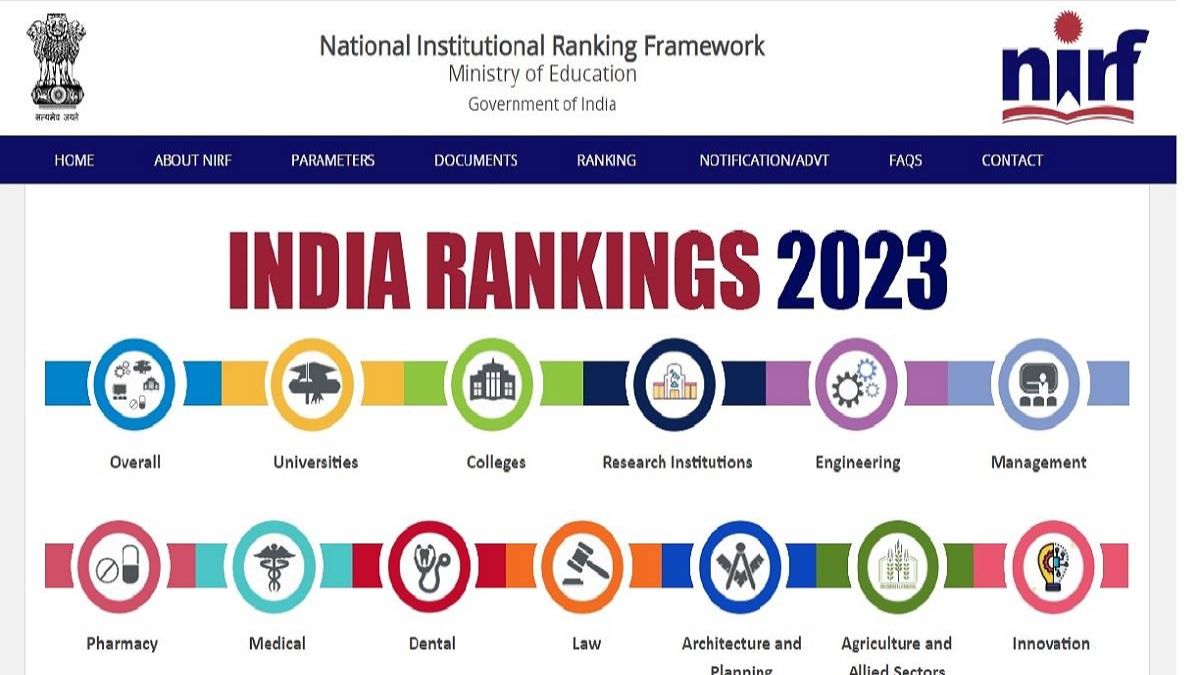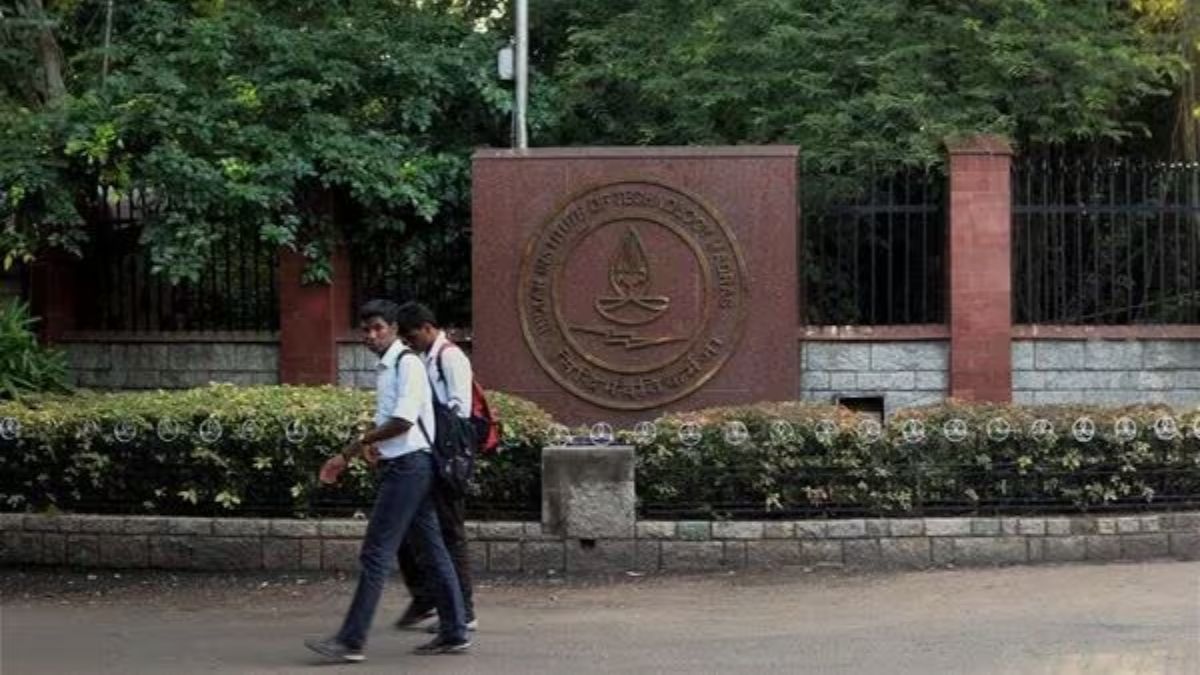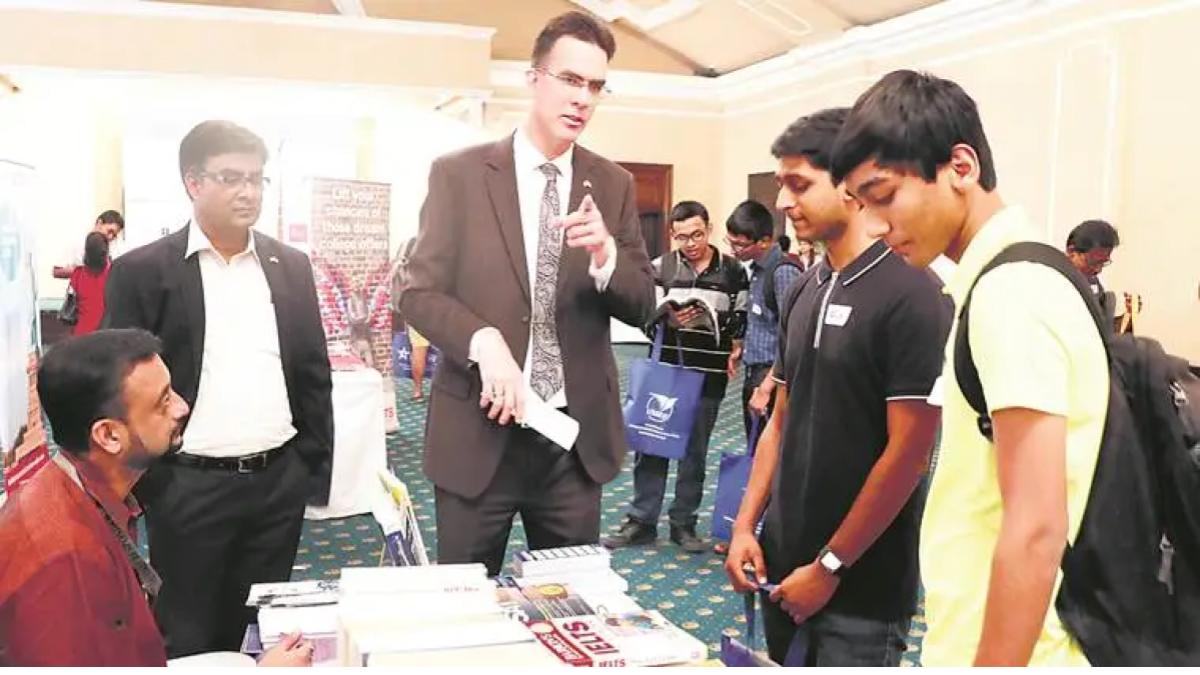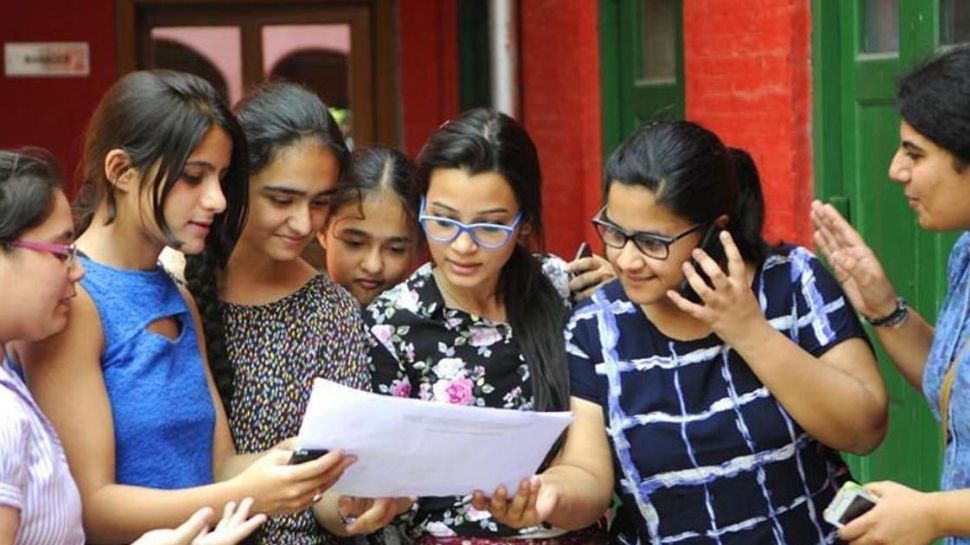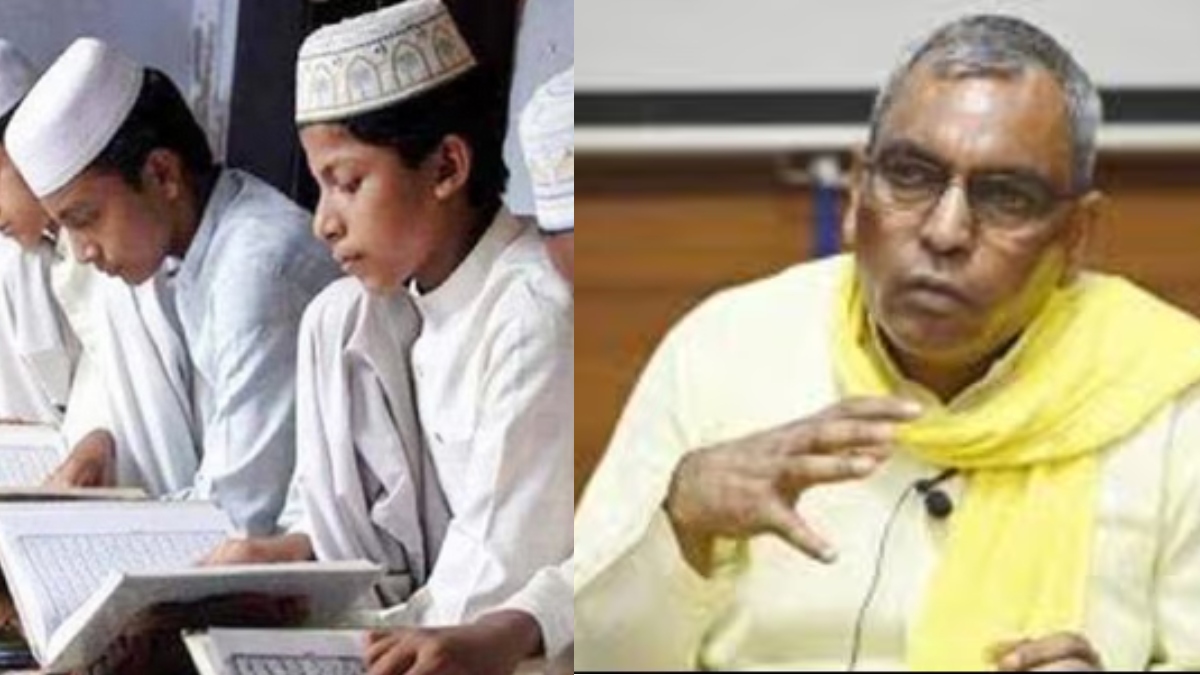The widening skill gap among Indian youth presents a significant challenge to the nation’s economic growth, as highlighted in the India Skills Report 2023. According to the report, only 48.7% of graduates are deemed employable, underscoring a critical disconnect between educational programs and market needs. This mismatch is partly due to limited collaboration between industry and academia, resulting in curricula that fail to equip students with the necessary skills for today’s job market. Despite various initiatives, the situation remains dire. As of 2022, a mere 4.69% of India ’s workforce has received formal skill training, according to the National Skill Development Corporation. Compounding the issue is the inadequate funding, with the education budget for 2023-24 allocated at only 2.9% of GDP—insufficient to address the nation’s training needs comprehensively. Sourabh Bajaj, Co-Founder and CTO of Uplimit, emphasised the economic implications of this gap. “The skills gap significantly impacts the Indian economy and job market , affecting productivity and competitiveness. This leads to underemployment and unemployment among graduates, which in turn deters foreign investment as companies struggle to find adequately skilled workers,” he said. Industry experts assert that vocational training and apprenticeships are key to bridging this gap. These programs offer practical, industry-relevant skills often lacking in traditional academic education. “Vocational training and apprenticeships are crucial in bridging India’s skills gap,” Bajaj added. The rise of digital tools and online learning platforms is seen as a vital component in this effort. These platforms, much like ATMs to banks, provide ‘Any Time Learning’ (ATLs) solutions that are especially beneficial for upskilling youth, including those already employed. Their flexibility, cost-effectiveness, and customization make them an attractive alternative to traditional university education. Jaskiran Arora, PhD, Professor and Dean of Education Quality at BML Munjal University, noted the potential of these platforms. “While the effectiveness of online learning platforms can vary, driven and motivated individuals can greatly benefit from these platforms. They provide opportunities for continuous learning, thereby bridging the skills gap and enhancing employability,” Arora said. Furthermore, the importance of real-world experience through apprenticeships and vocational training cannot be overstated. Sadguru Sri Madhusudan Sai, Founder of the Sri Madhusudan Sai Global Humanitarian Mission, highlighted their role in fostering self- reliance and entrepreneurship. “Apprenticeships and vocational training are essential for giving young people real-world experience and employable skills. They encourage self-reliance and entrepreneurship by bridging the gap between industry requirements and theoretical knowledge. By highlighting these routes, we can transform the labour force and promote sustainable growth,” he explained. As India grapples with the challenges posed by its skills gap, the integration of industry partnerships, curriculum modernization, and enhanced trainer development programs will be crucial in aligning the nation’s workforce with global standards. None
Popular Tags:
Share This Post:

SSC GD Constable Recruitment: Registration to begin soon at ssc.gov.in – Find all the details here
August 26, 2024What’s New
Spotlight
Today’s Hot
Featured News
Latest From This Week
SSC MTS 2024 Exam Dates Out: SSC exam date 2024 announced for MTS/ Havaldar posts – Check details here
JOBS-CAREER
- by Sarkai Info
- August 13, 2024
UPSC announces ESIC Nursing Officer results; know how to check, details INSIDE
JOBS-CAREER
- by Sarkai Info
- August 12, 2024
Odisha OPSC PGT exam dates 2024 released at opsc.gov.in – Check full schedule, other details here
JOBS-CAREER
- by Sarkai Info
- August 12, 2024
Subscribe To Our Newsletter
No spam, notifications only about new products, updates.










